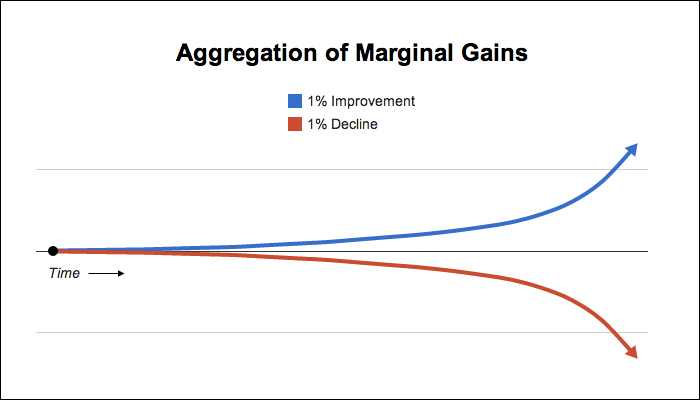Are we talking about treatment of the symptoms, or of the "disease"? The symptoms are definitely very treatable and manageable. Coping skills and the right attitude lessens them, as well as things like CBT and exposure therapy (for some). And usually it's easier to work on in the less severe cases. Not to mention the countless med options including things like anti-anxieties which can help keep the symptoms in check. There's more intense treatments that can take even more of the symptoms away but with more side effects as well.
I was on a regiment of Anti-psychotics, anti-depressants, and mood stabilizers for a while and I found I wasn't getting as anxious or wound up, and actually felt pretty good and proactive. But I was sleeping 14 hours a day. And the more I took them, the more I slept and the more "stabilized" my mood became (i.e. robot zombie). It also put my little buddy on the fritz. So I went off them, and months later still sleep excessively, on top of daily tiredness and 0 passion or motivation. So yeah, good for anxiety, but bad for multiple other aspects of life.
As for treatment of the "disease," I believe that is actually much less successful. If I remember correctly from a psych class in college less than 20% (I want to say it's 5%) of individuals seeking treatment are "cured" or see improvements that brings it to a point where it isn't interfering with their lives anymore. It's just not something the psychology community has "figured out" quite yet. Anybody who's been to therapy and knows how it's supposed to work can understand how it can be difficult for both parties. Just the nature of the disorder makes it hard, a therapist needs to get into a patients head, and people who are fearful of others thoughts of them are fighting to hide what's going on up in the noggin. Not to mention, while it is an unpleasant disorder, it is one that is easy enough to suffer with in silence. Exposure therapy may work (with the correct mindset) but when put in the moment and forced to act, a lot of people will suddenly figure "Not worth it. I'll just suffer. It might not even work."
And a lot of times it doesn't work. It's still trying to be figured out. So, to sum up, it's somewhat treatable.

